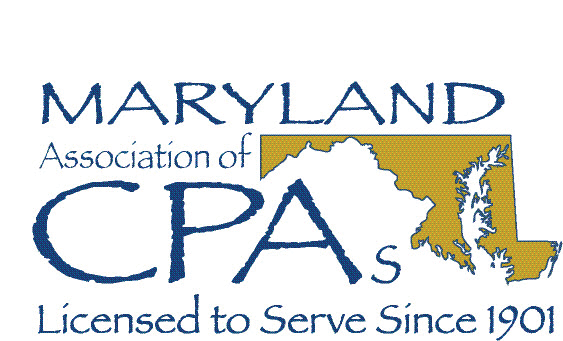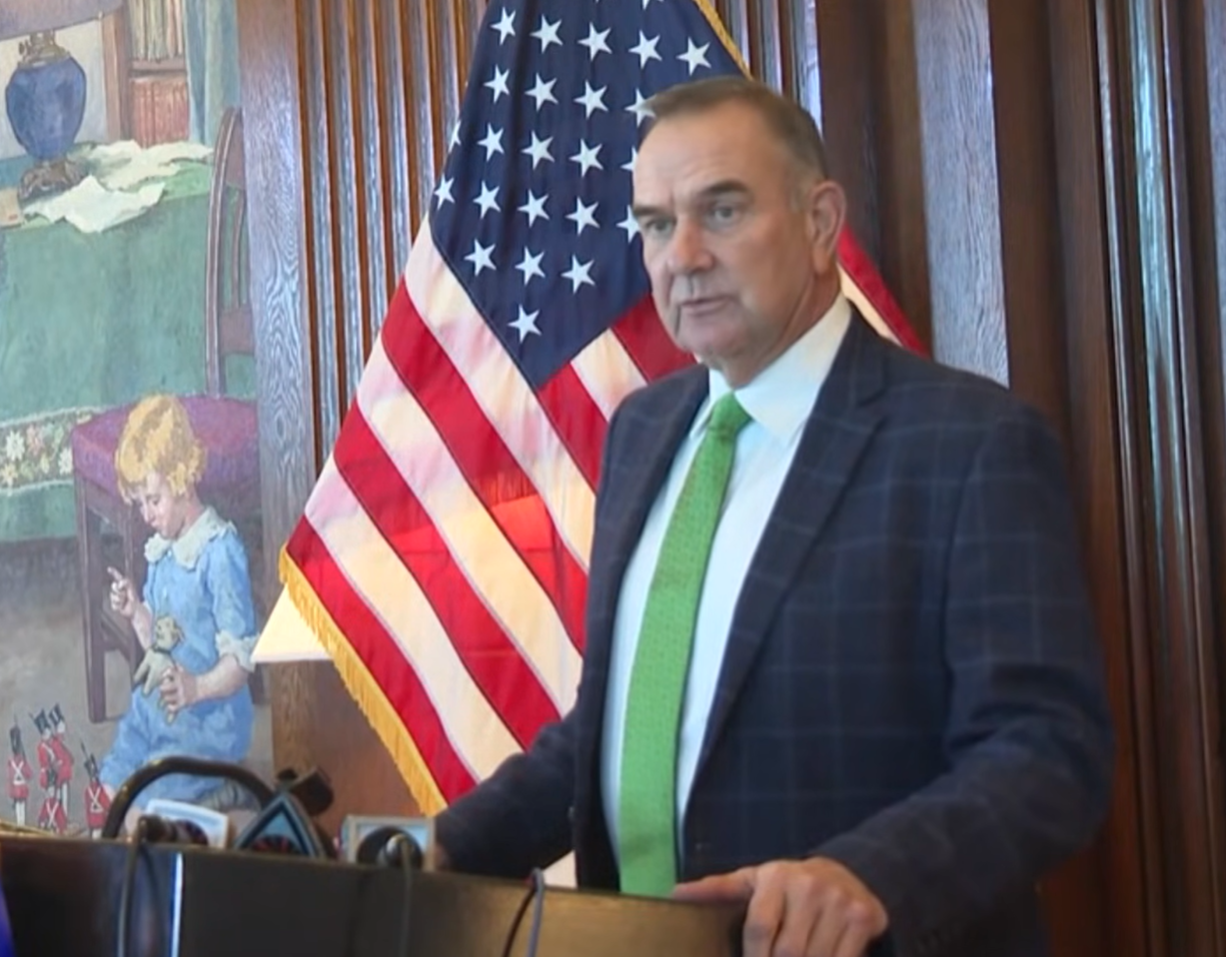Two months after turning out in record numbers to fight for the Maryland Association of CPAs’ legislative agenda at CPA Day in Annapolis, the state’s CPAs are at it again, raising their voices and packing an important political punch as lawmakers try to legislate their way to economic recovery.
Maryland CPAs have mobilized in force to fight a series of onerous legislative measures that would raise taxes on businesses and individuals alike, increase complexity, and put the state’s businesses at a competitive disadvantage.
The bills in question include the following:
House Bill 1051, ‘Sales and Use Tax – Services’
The measure would impose a sales tax on professional services, including many of those provided by CPAs. The MACPA and its members oppose the measure for a number of reasons:
- Taxing professional services like tax preparation and management consulting would hurt small businesses and individuals in the midst of a very fragile economy.
- Enforcing the measure would be nearly impossible. Taxes on professional services are difficult to determine, calculate and enforce. Three states – Florida, Michigan and Iowa – have tried this and had to repeal because of this complexity.
- It would put Maryland CPAs and service providers at a competitive disadvantage. Neighboring states do not impose such taxes like, making Maryland CPAs less competitive and forcing them to shift taxable services to their out-of-state offices, should they have that option. This also will shift income related to those services to those states.
- It’s an unfair tax policy. If you have to tax services, than why not all services?
A number of CPAs – among them MACPA Chair Allen DeLeon and Secretary / Treasurer-elect Marianela del Pino Rivera – took time out of tax season to testify against the bill. They were joined by scores of scores of representatives from other business groups in fighting the bill.
“Federal and state governments mandate the filing of various tax returns that are so complicated, most small businesses and individuals seek out the services of CPAs to help file their returns,” said Tom Hood, CPA, executive director of the Maryland Association of CPAs. “It seems unfair to then tax the services they need to stay in compliance.”
Senate Bill 152 / House Bill 87, the ‘Budget Reconciliation and Financing Act of 2012’
These bills originally included a provision that would have extended the state’s sales tax to include any product that is electronically downloaded. The so-called “digital download tax” was so vague that it could have encompassed online payroll services, accounting software with service, payment processing and research services, all of which could directly impact Maryland CPAs.
“The biggest risk we see is that this could be construed to include e-filing of tax returns,” said Hood, who joined hundreds of other people on Feb. 29 to testify against the provision and other “tax surprises” that were sprinkled throughout Gov. Martin O’Malley’s budget bill.
Maryland CPAs opposed the bill for other reasons as well:
- It amounts to a tax on taxes. The bill’s language is so broadly written that it could be extended to lots of other “digital” things, like CPAs who need to download standards and regulations updates (mostly required from the government) and keep their software updated. Marylanders would be forced to bear a tax on top of the CPAs services they need to file taxes.
- Non-profit organizations might be forced to tax educational programs like webcasts and other “digital products,” putting themselves at an unfair business disadvantage with out-of-state and for-profit organizations.
The state Senate’s Budget and Taxation Committee apparently listened and voted to reject the “digital download” provision.
Senate Bill 269, the ‘Maryland Business Tax Fairness Act’
The measure would create a combined reporting tax system for the state’s multistate corporations. According to Gazette.net, the bill would require “companies that operate in multiple states to pay a portion of all combined profits based on revenues in those states.”
Maryland CPAs and the state’s Chamber of Commerce have a long history of opposing such legislation, and this year was no different.
“This legislation would add yet another layer of complexity for Maryland businesses,” Hood said. “There simply is not enough time for proper implementation and explanation. In the original proposal, even non-profits that have for-profit organizations would have been impacted.”
The Maryland Association of CPAs testified against this legislation saying that tax preparers and companies need more time to understand the new rules and establish internal reporting systems to be able to comply with this new law.
Power in Numbers
In each case, CPAs made their voices heard through live testimony and an extensive grassroots e-mail and telephone campaign that targeted Maryland lawmakers who have key voices in the issues that impact the profession.
“CPAs have enormous credibility, and what you’re doing is absolutely crucial,” Maryland Comptroller Peter Franchot told MACPA members in January. “There’s an old saying in politics: If you’re not at the table, you can often end up on the menu. Maryland CPAs should have a place at the table. They should have a higher visibility on fiscal responsibility and fiscal discipline and why those things lead to social responsibility and the ability to pay for the things we want.”
Indeed, Franchot and other state officials used the CPA Day environment to challenge CPAs to make a difference. Here’s how “Going Concern” blogger Adrienne Gonzalez put it after attending CPA Day:
“I left with the sense that MACPA had been given a new mission by both Delegate (Brian) Feldman and Comptroller Franchot: They’ve done a lot up until this point but maybe it’s time to do more. Delegate (Sam) Arora expressed that he would love to get state CPAs’ thoughts on the new budget, specifically line items that could be eliminated, and was sure that many of his fellow delegates would feel the same. The great part about CPAs doing this is that they are trustworthy, impartial and knowledgeable. Of course, MACPA initiatives protect the interests of CPAs in the state, but CPAs’ interests are almost always directly in line with those of their clients and the communities they serve.”
When it’s crunch time, CPAs are proving that they take their mission seriously: They’re committed to making sense of a changing and complex world. They do that for their clients. Equally important, they’re doing that for lawmakers.
Thanks for reading CPA Practice Advisor!
Subscribe Already registered? Log In
Need more information? Read the FAQs
Tags: Sales Tax




